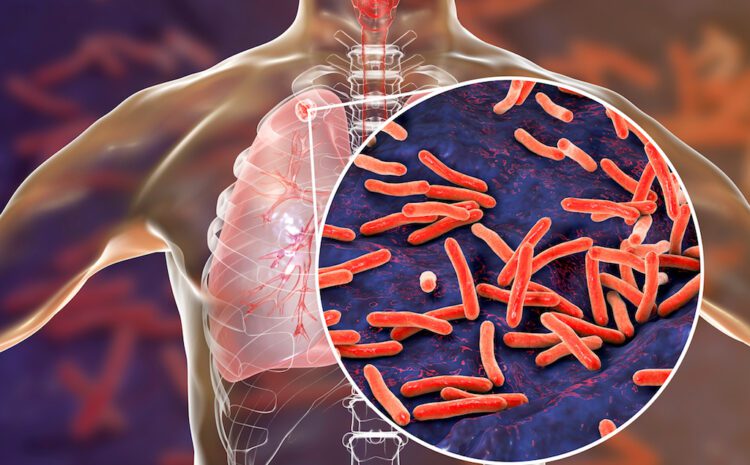Tuberculosis – Symptoms, Diagnosis & Cure

Tuberculosis (TB) is one of the major public health problems in India. India has the world’s largest epidemic of TB. It accounts for nearly one fourth cases of TB in the world, and that is why it is important for all to know about this infection.
Tuberculosis is caused by a bacterium Mycobacterium tuberculosis. TB is a potentially serious infectious disease that mainly affects the lungs, but TB can affect any organ of the body. The bacteria that cause TB are spread from person to person through tiny droplets released into the air via coughs and sneezes.
Signs and symptoms of TB include: Prolonged cough for three or more weeks with mucus or sometimes blood, pain in the chest while breathing or coughing – this suggests that the pleura (lining over the lungs) is probably involved, weight loss, fatigue, fever, chills, night sweats.
Diagnosis: A TB skin test (Mantoux, TST) or a TB blood test can diagnose the infection. In India, all infants receive BCG vaccine and hence TST may turn out to be false positive, and doesn’t have much value. If the wheal at the site of TST is significant (>10 mm), then further tests should be done for the diagnosis of TB. TB blood tests (IGRAs), unlike the TB skin test, are not affected by prior BCG vaccination and are not expected to give a false-positive result in people who have received BCG. TB blood tests are the preferred method of TB testing for people who have received the BCG vaccine. X-ray chest should be done. Sputum examination with culture and spotting of M. tb is the gold standard for the diagnosis of TB.
Cure: Many anti-tuberculous drugs are available and TB can be cured. One need not afraid. However resistant strains of TB are emerging and one has to be careful.
Latent TB Infection: People with latent TB infection have TB germs in their bodies, but they are not sick because the germs are not active. These people do not have symptoms of TB disease, and they cannot spread the germs to others. However, they may develop TB disease in the future. A person with latent TB infection cannot spread germs to other people. One need not be tested if one has spent time with someone with latent TB infection. But if one has been around someone who has TB disease, one should go to the doctor for tests.

By Dr. Sandhya Kamath
Dr. Sandhya Kamath is presently a Trustee of GSBS Medical Trust.
